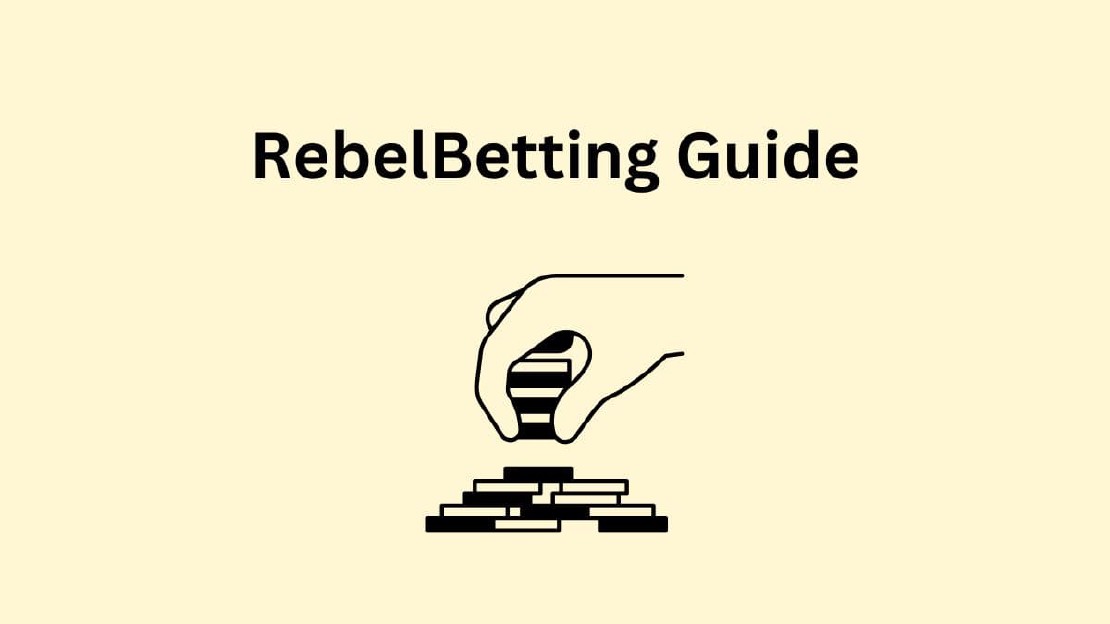Learn How to Create Online Courses
Online learning and education continues to grow at a record setting pace. According to Global Market Insights, the e-learning market is expected to surpass 375 billion U.S.D. by 2026. This surge is driven by the flexibility, accessibility, and variety of online courses available to learners worldwide. Hence, if you know how to create online courses, there is plently of opportunities to make money online.
How to Create Online Courses
Teaching online is a smart way to generate income. Many people are looking for skills you already have.
You don’t need to be a tech expert. If you can explain things clearly, you can teach. Online platforms make it simple to get started. Sharing your knowledge can help others—and help you.
Developing an online course can be a lucrative endeavor. Start by considering your passions and areas of expertise. Your course should be on a topic you’re knowledgeable about and excited to teach. This enthusiasm will translate into engaging content for your students.
1. Research Market Demand
It’s essential to ensure there’s a demand for your course topic. Use tools like Google Trends, keyword research, and social media to gauge interest. Look at existing courses in your niche to see what’s already available and identify gaps you can fill.
2. Find Your Target Audience Audience
Understanding who your course is for will help tailor your content to meet their needs. Create a detailed profile of your ideal student, including their demographics, interests, and pain points.
3. Outline Your Course Curriculum
A well-structured curriculum is crucial for student engagement and learning. Break your content into modules or sections, each covering a specific topic or skill. Start with the basics and gradually move to more advanced concepts.
4. Create Engaging Content
Diverse content types can enhance learning. Consider using videos, quizzes, assignments, and downloadable resources. According to a study by TechSmith, 83% of people prefer instructional videos, so incorporating high-quality video content can significantly boost your course’s effectiveness.
5. Set E-Learning Objectives
Setting clear e-learning objectives is the first step toward successful online learning. Decide what you want to achieve, whether it’s gaining new skills, earning a certification, or exploring a hobby. Clear goals help you stay focused and track your progress.
For example, if you want to learn web development, define specific outcomes like completing a beginner’s coding course or building a basic website. With clear objectives, you can choose the right courses and stay motivated, turning your goals into achievable milestones.
6. Choose the Best Platforms for Online Courses
Selecting the best platforms for online courses to host your content is crucial for the success of your course. Consider factors like ease of use, features, pricing, and audience reach.
- Teachable: Known for its user-friendly interface and powerful marketing tools.
- Kajabi: An all-in-one platform with robust course creation and marketing features.
- Udemy: Offers a massive audience and extensive marketing support. Learn how to earn money on Udemy by exploring this guide.
7. Set Up Your Course
Once you’ve chosen a platform, it’s time to set up your course. This typically involves uploading your content, setting up modules, and configuring pricing options. Most platforms offer step-by-step guides to help you through the process.
8. Market Your Online Course
An effective marketing strategy is essential for attracting students. To successfully market your online course, use various channels such as social media, email marketing, and SEO. Engaging content and testimonials can attract potential students. Additionally, offering free previews or discounts can entice users to enroll in the course.
9. Monetize Your Online Course
Monetizing online courses can be achieved through different methods such as subscription models, one-time fees, or offering certification upon completion. Partnering with educational platforms and promoting courses through social media can enhance visibility and sales.
10. Pricing Your Course
Setting the right price for your course is crucial. Consider factors like the value you provide, your target audience’s willingness to pay, and competitor pricing. Offering tiered pricing or payment plans can make your course more accessible.
11. Utilize Free Learning Tools
Free learning platforms have made education more accessible than ever. Websites like Coursera, and Khan Academy provide access to high-quality courses in fields like technology, business, and science. You can find video lectures, quizzes, and even certifications to achieve your goals.
By leveraging edX free online course tools, you can gain skills from top universities and institutions at no cost. Whether you’re exploring a new subject or advancing your career, these tools make learning flexible, engaging, and affordable for everyone.
Conclusion
Creating online courses is a rewarding venture that allows you to share your knowledge, build a brand, and generate income. By following the steps outlined in this guide, you’ll be well on your way to creating a successful online course. Remember to choose a compelling topic, plan engaging content, select the best platform, and develop effective marketing and monetization strategies. With dedication and the right approach, your online course can thrive in the ever-growing e-learning market.
Recent Posts

- Work From Home
Amazons Mechanical Turk Monetization Tips
Looking for flexible online income? These Amazons Mechanical Turk monetization tips will help you turn small tasks into real earnings. If traditional remote …

- Work From Home
Fulfillment by Amazon Complete Guide
Launching and scaling an online store can feel overwhelming. Managing inventory, shipping products, handling returns—each task demands significant time and …

- Side Hustles
RebelBetting Complete Guide
In recent years, sports betting has transitioned from casual entertainment into a serious income opportunity for savvy bettors. However, consistently beating …
